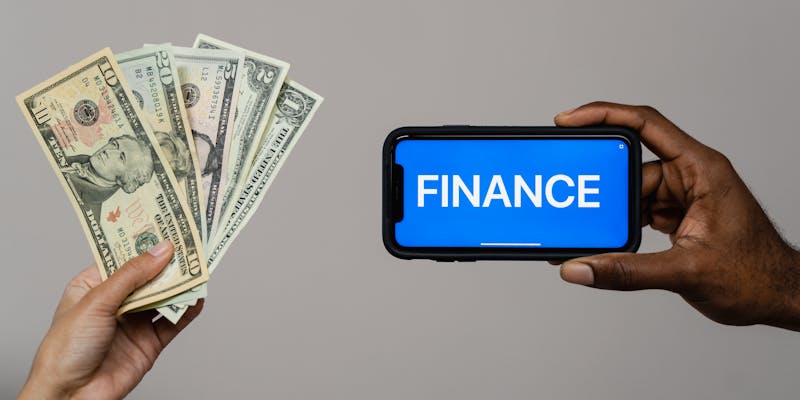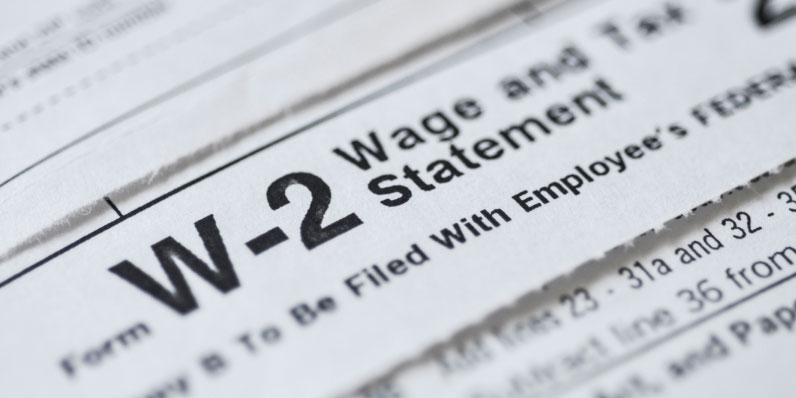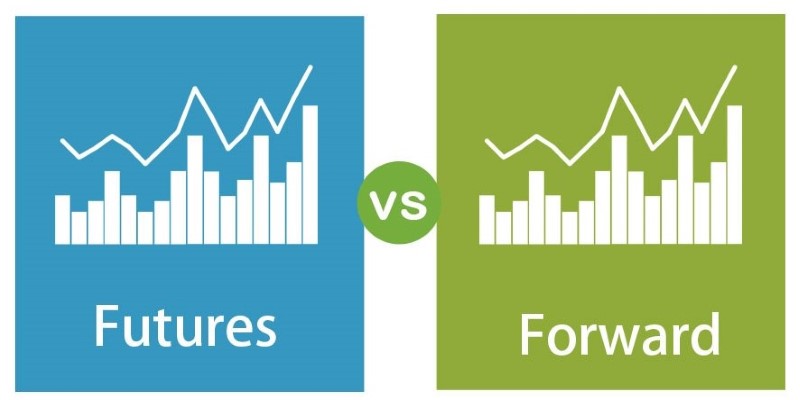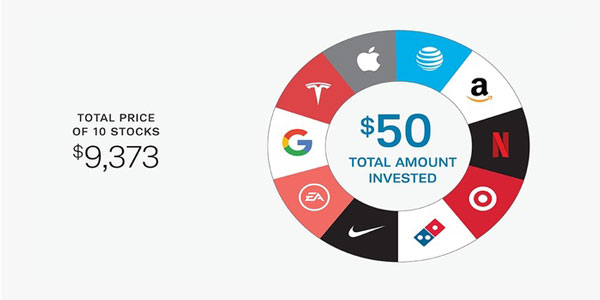How To Get Started Investing With Little Money
Jan 09, 2024 By Triston Martin
A large sum of money is not required to start an investing account; a few hundred dollars would do. When you started investing in a mutual fund or opened a brokerage account, you needed a sizable sum of money. Things have changed significantly recently. You may get started investing with a little sum of money. Now let me show you how.
Options To Buy Stock Directly

Direct purchase plans, or DPPs for short, are an option to explore if stock in certain businesses is your investment focus. As the name indicates, these shares can only be acquired by buying them straight from the corporation.
There is no need for a broker or other intermediary because you deal directly with the issuing firm. One potential negative is that not all businesses provide a DPP, so your options may be more limited than you'd like.
Since most businesses don't brag about their DPPs, you'll have to do some legwork to locate them. To learn if a firm has a direct buy plan and how to sign up, you should spend some time perusing the investor relations part of its website.
Investment Platforms and Mobile Apps

Joining a bargain brokerage firm online is another option for novice investors with a limited budget. Many modern internet brokers now provide commission-free ETF trading, and it is possible to set up an automated investing plan to help you gradually amass a larger portfolio.
It's a terrific way to start investing right away with a little money, while there may be account minimums and other costs. A second choice is to utilize one of the many investment applications available today.
Some of these applications allow you to invest your spare change from purchases, while others let you buy fractional shares with only a few cents. Regardless of their differences in operation, they all have the same overarching goal: to make it easier for investors to spread out their money in the market.
ETF Investment
Do you want rapid diversification and are considering investing in a mutual fund or similar? Buying shares of an exchange-traded fund may be a good option if you don't have a large sum of money to invest upfront. Unlike mutual funds, ETFs trade much like stocks, which may need a larger outlay of capital.
Shares can be acquired at a set price from just about any broker. If you want to invest a little money, you can buy a few shares of an ETF. There are several downsides to using ETFs. One requirement is that you must buy whole shares.
Second, you will likely have to pay a trading commission when you make a deal. Since fees are typically between $4.50 and $11, they can quickly eat away at your return. You may reduce your transaction fees when investing in exchange-traded funds (ETFs) by buying them less frequently and with larger sums of money.
Get Started In The Stock Market with Minimal Funds
The initial investment required to begin trading on the stock market is typically too high for many people to consider. One needs money to create money.
No more. With the advent of the internet, customers may get their feet wet with minimal investment. You may practice investing a small amount of money before committing more. You may get your feet wet in the investment world with a minimal cash outlay. There are now many entry points for the next generation of investors, with some requiring as little as a single dollar and requiring no transaction commissions.
Trading stocks used to incur hefty commission fees paid to stockbrokers. That made it extremely difficult for someone with a few hundred or a few thousand dollars to buy even a single share of stock. The popularity of $0 fees has upset the whole investment sector, resulting in all the major brokers, including E*TRADE and Fidelity, eliminating trading commissions for their clients.
The Low-Minimum Fund Companies
Vanguard is one of the largest and most well-known no-load fund businesses. Many of its funds need a starting commitment of at least $3,000. 1 It might take a first-time investor a year or more to build up enough money to buy only one fund if they start from nothing.
Fortunately, alternative families of no-load funds welcome new participants and don't impose such severe restrictions. You may start an account with Charles Schwab, which has a modest $100 minimum on its no-load funds, or T. Rowe Price, which does not have a minimum on investor-class funds.
These two excellent families of low-cost funds make it possible for a novice investor to start with a relatively modest sum of money.

Treasury Calls for More Oversight on Bank-Fintech Collaborations

How Citi is Shaping the Payments-as-a-Service of Tomorrow?

All About International Tax Competitiveness Index 2022

Trading Strategies for Beginners

What Does It Mean To Be Dependent? Everything You Have To Know

5 Essential Social Marketing Tips for Fintech Startups in 2024

Form W-2: Definition and Working

Understanding the Differences Between Futures and Forwards Contracts

Unintended Harm: Is Fraud Prevention Hurting Financial Inclusion?

